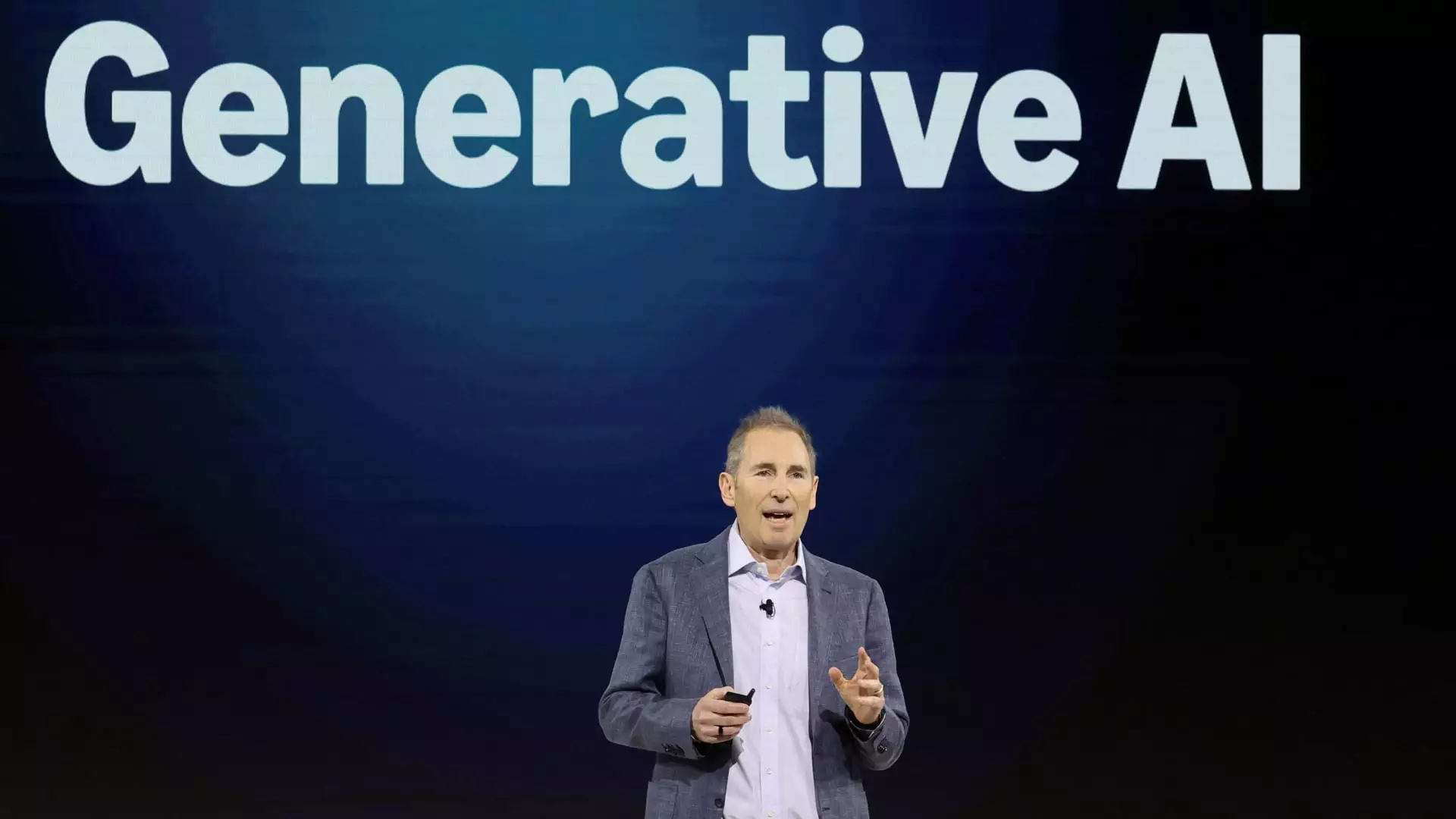Amazon’s latest foray into artificial intelligence could herald a significant seismic shift in the way we navigate online shopping. With the launch of its generative AI technologies, such as Interests AI and Health AI, the retail behemoth is not just innovating but revolutionizing the shopping experience into a more personalized, conversational journey. The prospect of chatting with a virtual assistant about “the best coffee brewing gadgets” or searching for “children’s books about resilience” adds an intuitive layer to what has often been a transactional affair. But is it merely a gimmick, or are we actually moving towards a new paradigm where shopping feels more like a bespoke service rather than a cold experience dictated by algorithmic searches?
Exciting Ventures, but Ready for Critique
Beneath the glossy surface, there are valid concerns about how Amazon’s embrace of generative AI might impact consumer behavior and the broader market landscape. The company’s efforts to integrate AI into various aspects of its business—from retail to health care—raise questions about whether this technological advancement will dilute the essence of genuine human interaction. There’s merit in making shopping simpler, but we must ask ourselves: are we becoming over-reliant on technology to fulfill emotional and personal needs?
Moreover, Amazon’s move to develop AI in the health-sector should elicit a critical eye. Health AI promises the convenience of medical guidance at our fingertips, but can we genuinely trust algorithms to guide us on significant health decisions? The distinction between basic health information and personalized medical advice must remain clear. Just because something carries a “clinically verified” badge does not guarantee its applicability to individual circumstances. As we embrace these advancements, we must tread cautiously, acknowledging that the human element of health care cannot be entirely supplanted by AI algorithms.
The Battle for Your Attention and Data
By introducing Interest AI, Amazon isn’t just enhancing user experience but is also collecting invaluable data that could redefine its marketing strategies. The capability for users to describe their interests in their own words signifies a shift from cookies and trackable searches to direct engagement, fostering a deeper understanding of consumer behavior. This isn’t merely about selling products—it’s about creating a comprehensive consumer profile that could streamline Amazon’s advertising prowess against competitors like OpenAI’s ChatGPT.
Imagine a future where your every inquiry—whether it’s about the latest kitchen gadgets or health-related questions—can be met with personalized suggestions. While convenience reigns supreme, the challenge lies in maintaining our privacy and ensuring that such data is not exploited. With corporate giants like Amazon holding the reins to vast data pools, it’s imperative that we consider the ethical implications of these AI-driven interactions.
Losing Sight of Authenticity: The Double-Edged Sword of AI
The ease associated with AI technologies invites a potential risk: the erosion of authentic experiences. As we eagerly embrace these advancements, the danger lies in losing touch with other aspects of our social fabric. Is chatting with a chatbot about picking a gift really fulfilling or competent compared to a knowledgeable friend or store clerk? As we move toward a future dominated by generative AI, emotional connections could become overshadowed by artificial interactions.
The evolving landscape of Amazon’s digital commerce underscores a central sentiment: we not only seek efficiency but also the warmth of human connection. With every new deployment of AI, there’s a risk that the individualized experience will be compromised in the name of efficiency. Acknowledging these trade-offs is critical; it’s essential that we find balance in our integration of technology into our lives without losing an essential aspect of what makes us human.
The Path Forward: Balancing Innovation with Caution
As Amazon continues to innovate, it’s vital to embrace these new tools while wielding critical thinking much like a double-edged sword. There’s undeniable potential in generative AI to reshape our shopping experiences, making them more convenient. However, we must remain vigilant. With great power comes profound responsibility, especially in fields like health care and consumer data. The future of AI-driven services will hinge upon maintaining strict ethical standards and a commitment to preserving that irreplaceable human touch in our shopping experiences. It’s up to us to navigate this uncharted territory with a blend of enthusiasm and caution.

